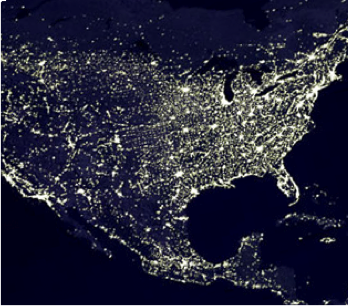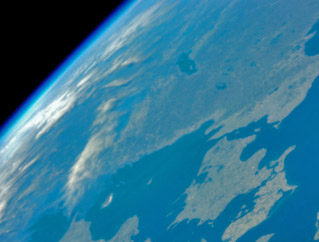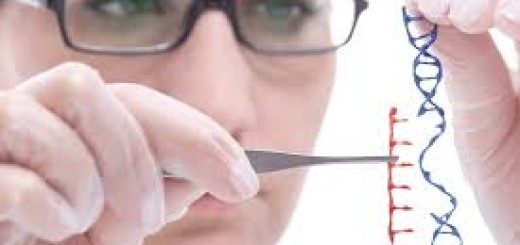Thin Blue Line
The astronaut orbiting Earth sees a thin blue line on the planet’s horizon, separating our Earth from the blackness of space. This blue line is our atmosphere, just a few kilometers of nitrogen, oxygen, water vapor and other gaseous molecules. Together with a few kilometers of the Earth’s rocky crust, the “skin” of our Earth is comparatively as thin as the skin of an apple. This skin, however, is our biosphere, a dynamic zone where life thrives and evolves, fed from below by geothermal energy and from above by solar radiation.
The diversity of life on Earth is densely interconnected. It is a gloriously complex system of systems, which we are only beginning to understand. Every form of life, excepting perhaps a few exotic microbes, is dependent on the processes and activities of many others, as well as on the dynamics of the land, oceans, and atmosphere. We humans are part of that web of interconnections. All of our activities – whether biological, cultural, or economic in nature – are activities within a larger dynamic ecosystem. We are not independent.
In just a blink of geological time, humans have transformed the Earth’s biosphere. We are no longer tribal societies within an encompassing wilderness. Now wilderness exists only as islands of lower impact within an encompassing human landscape. Not the oceans, not the mountains, not even the atmosphere and planetary climate have escaped our impact. We have made forests into deserts, deserts and forests into farmland, and prairies into cities of concrete and steel. We have conquered nature, and made it ours, for better or for worse.
tribal societies within an encompassing wilderness. Now wilderness exists only as islands of lower impact within an encompassing human landscape. Not the oceans, not the mountains, not even the atmosphere and planetary climate have escaped our impact. We have made forests into deserts, deserts and forests into farmland, and prairies into cities of concrete and steel. We have conquered nature, and made it ours, for better or for worse.
We can no longer leave the biosphere out of our economic calculations. Traditional economics presumes a closed loop of activity within human society, taking in only resources from the “natural world” and the economy to be a system always tending towards equilibrium Economics, which studies how we exchange value with each other, must give way to Econosystemics, which studies the creation and flow of value not only within human society, but between human society and the larger biosphere. To do otherwise invites catastrophe.



Recent Comments